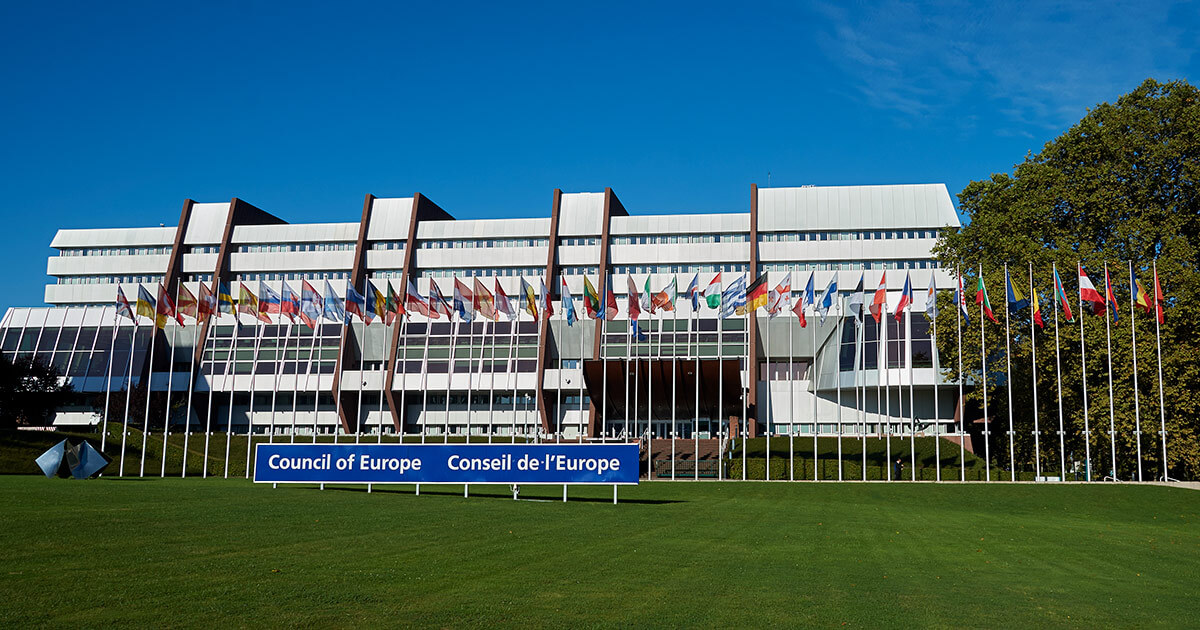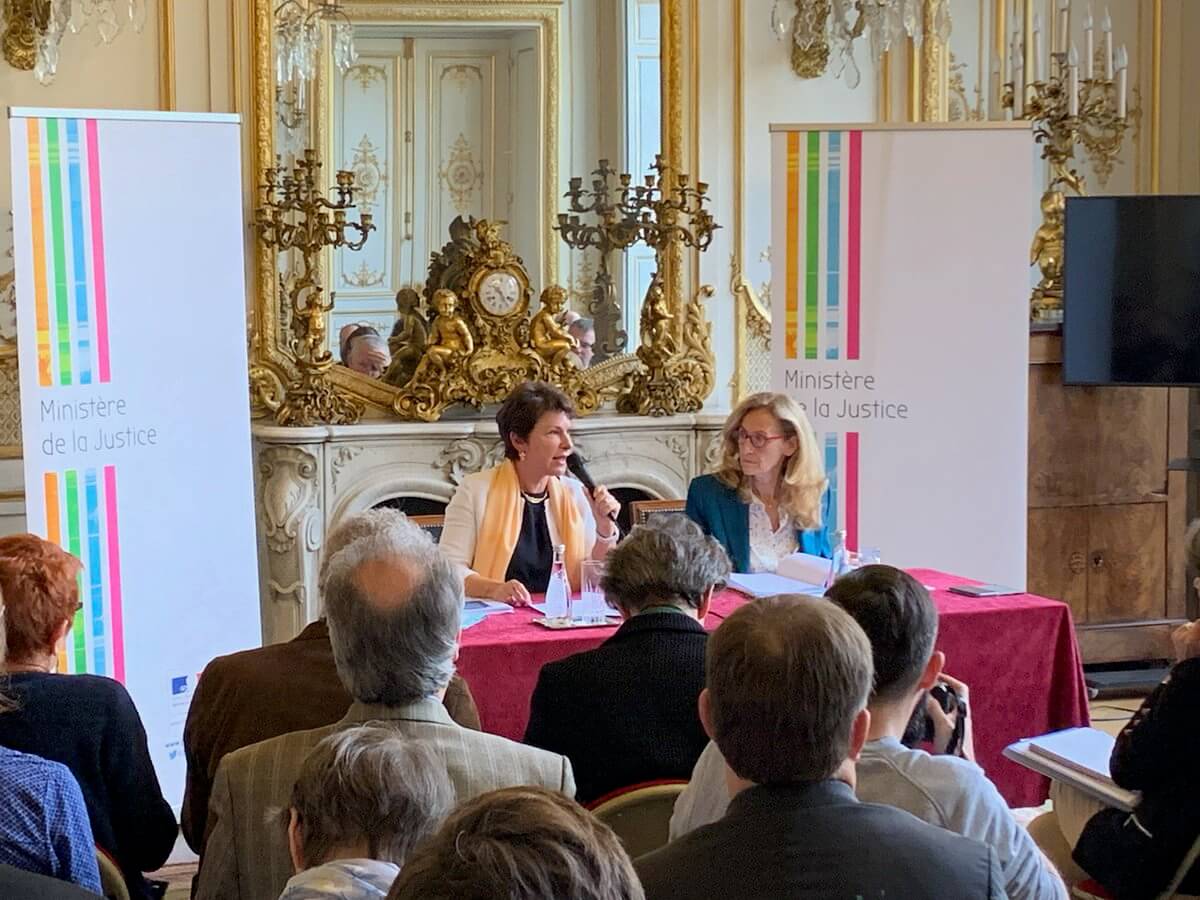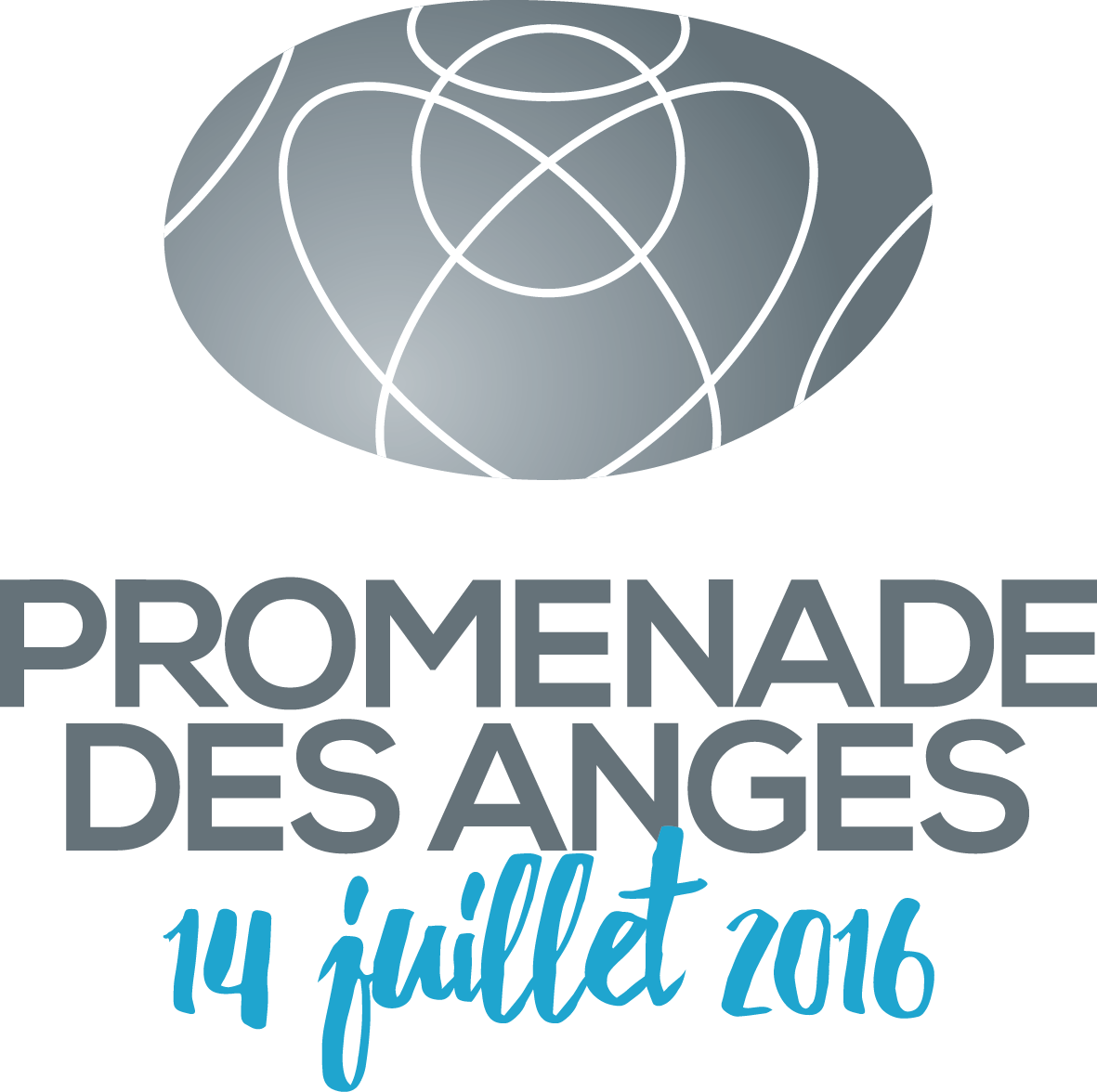

Legal Action
We act to protect and improve the rights of victims of terrorism as a result of the difficulties they inform us about.
One of the special features of the attack in Nice is that it occurred in an open public space. To provide evidence of one's presence in the "danger zone" (as defined by FGTI) at the time of the drama is not easy, the more so that video-monitoring recordings were taken as evidence, making them inaccessible. We welcome the vigilance of authorities in discouraging "false victims" since the facts show that unscrupulous people try to profit from this drama. But it is also important that no victims are left out and can assert their rights. The recognition period can sometimes be very long since procedures are challenging. In 2020, 17 new victims were registered with Nice EIA. Claims can still be made to the Auvare barracks in Nice.

Suing for Damages
Suing for damages is fundamental. It allows you access to trial documents, to send questions to judges, to be heard as the testimony of a direct victim, to request specialist expertise, to attend trial, etc..
French law allows you to sue for damages with or without lawyers. Promenade des Anges can inform you about the procedures to follow.

Paris Investigation / Accessory to Murder
This investigation focuses on the accessories of the terrorist (support, supply of arms etc.).
Since July 2016, the incident unit of the anti-terrorist department of the Paris Public Prosecutor has been active. A judicial investigation was opened for murder and attempted gang-related murder organised by a terrorist group, attempted murder of those in public authority and association with terrorist criminals to prepare crimes against individuals.
On 21 July, five people suspected of complicity were handed over to the court and placed in temporary detention.
The investigation led to the investigation of nine people before the end of 2016. Four of them were released and placed under judicial supervision between 2017 and 2019. Another committed suicide in prison in June 2018.
Two meetings of civil claimants were organised by the judges in summer 2017, in Nice and Paris, and a further two were held in November 2018.
On 30 April 2020, the prosecution announced that the investigation was closed. On 23 June, the National Anti-Terrorism Prosecutor's Office requested a court trial for the nine defendants.
Nice Investigation / Security Arrangements
This judicial investigation must determine how well the City and the State had anticipated the risks of an attack, whether they had properly deployed the means at their disposal to ensure the best security and to counter threats on the evening of the "Prom’ Party" (a grand celebratory musical evening organised by the City of Nice on the Promenade des Anglais on 14 July 2016).
How was it that despite the city's 1800 surveillance cameras, despite the ban on vehicles of more than 3.5 tonnes accessing the Promenade, the driver managed to pass unnoticed the 11 times he made reconnaissance visits with his 19-tonne truck between 11 and 13 July, as well as on the evening of 14 July?

The Rights of the Deceased Victims and their Relatives
Workshop on the protection of victims of terrorism at the Council of Europe

In June 2019, several co-chairs of Promenade des Anges were invited to the Council of Europe in Strasbourg to take part in a workshop on the protection of victims of terrorist acts. The workshop was organised by the Steering Committee for Human Rights (SCHR) under the aegis of France as Chair of the Committee of Ministers.
Extract from our presentation to Mme Pelsez, Inter-Ministerial Delegate to Aid for Victims, during this workshop:
"Almost three years after the tragedy in Nice, which cost the lives of 86 people, physically injured 450 and traumatised thousands, the families of the deceased remain for the most part uninformed about whether organs were removed from their dead loved one, whether these organs are still held today at the Forensic Medical Institute. The deceased who underwent judicial autopsy proceedings were buried without their organs, and without the families being made aware of them being removed.
These families who are victims of a terrorist act and the Promenade des Anges Association, which we represent, denounce these removals of organs and we wish to express to you the views of the families who experience these as acts which affect the integrity of the body and therefore the deceased, i.e. the integrity of the victims of terrorism.
How can anyone consider that their child or partner rests in peace while the heart, the brain and ten other organs are still kept under seal at the Forensic Medical Institute ?
Our questions are:
1- Are the removal of whole organs and their retention under seal necessary, given that the terrorist act in Nice was filmed by the city's video-monitoring cameras ?
2- Do other European countries apply the same procedure for judicial autopsy, with the same removals ?
3- Article 1 of the French Constitution states that the French Republic respects all beliefs (and unfortunately not returning organs taken before burial constitutes a profanation of the funeral rites and beliefs to the families of deceased victims); how is the post-mortem procedure, as it exists in France today, compatible with the first Article of the Constitution and respect for human rights, and therefore of deceased victims ?
Submission of the report "How Can the Notification of Death to Families be Improved?" by E. Pelsez to the Attorney General N. Belloubet

Since its establishment in August 2017, the inter-ministerial delegation to help victims [DIAV] has been striving to improve arrangements to care for victims, taking into account the feedback from people's experience of the extremely large number of dramatic events, in which it has been involved.
DIAV has carried out an enormous task and has listened to victims' associations so that, collectively, practices are improving, that protocols are clearer, so that victims' voices can be heard.
Several working groups were set up during 2018 and 2019. In October 2019, Inter-Ministerial Delegate, Mme. Pelsez submitted her report to improve the care of victims.
The contribution of Promenade des Anges particularly led to the following proposal:
Subject to the needs of the investigation, relatives of the deceased are informed forthwith when an autopsy has been ordered (Article 230-28 of the Law on Criminal Procedure (CPP)). The practitioner who carried out the judicial autopsy" is required to ensure the best possible restoration of the body before it is returned to the relatives of the deceased. Access to the body before it is laid in the coffin may not be refused except for reasons of public health. Access to the body is carried out under conditions guaranteeing respect, dignity, decency and humanity to those involved. A regulatory pathway informs families about their rights and duties. It must be displayed in full view" (Art.230-29 of CPP).
The regulatory documents mentioned in these provisions arising from the law of 2011 (Law No. 2011-525 of 17 May 2011, article 147), particularly the Charter of Good Practice, have not yet been published.
That is also the case for the special provisions relating to the return of organs collected during judicial autopsies (Art. 230-30 of CPP,) a problem which was recently raised by families after the attack in Nice. As part of the composition of this report, DIAV has re-launched discussions between the Ministry of Justice and the Ministry of Solidarities and Health. These documents must be published forthwith so that ways of informing relatives of a deceased person who has been subject to judicial autopsy are clear (particularly if organ removal has been carried out), determine procedures for access and return of the deceased's body and, in addition, notify relatives about possible access to counselling.
Proposal 11 :
For the Ministry of Justice, in conjunction with the Ministry of Solidarities and Health, ensure the rapid adoption of regulatory documents implementing articles 230-29 and 230-30 of the Law on Criminal Procedure relating to judicial autopsies.

Compensation, Damages
Compensation procedures for most victims are complicated. With the Fonds de Garantie [Guarantee Fund] (FGTI), as with doctors responsible for expert assessments, poor procedures have been reported to us.
In June 2018, we invited Mme. Françoise Rudetzki, founder and member of the Guarantee Fund to meet our members to advise them and answer their questions. This discussion also raised Mme. Rudetzki's awareness of the many difficulties which victims have to face while they are still in a significantly vulnerable condition due to the various traumas they have undergone.
To best meet the needs of victims, we conduct online surveys. In autumn 2019, we received around one hundred responses to the "FGTI" survey. We wanted to present a summary of it to the Directorate of the Guarantee Fund.
Absent at the last CLAV meeting in December 2019, we hope to be able to meet the FGTI Directorate very soon at the next CLAV. It is essential to inform them about the poor conduct of the psychiatric examinations of children and adults, as well as the lack of recognition of harm involving work.
The return to work is a major challenge in the path through the resilience process for victims. Victims of terrorism are today recognised as civilian victims of war. As such, they can apply for reserved jobs in the civil service or the regional public service. ONAC-VG is the state agency which supports them in these procedures.
Promenade des Anges is with you to help you assert your rights to compensation for injury as well as to return to work.
